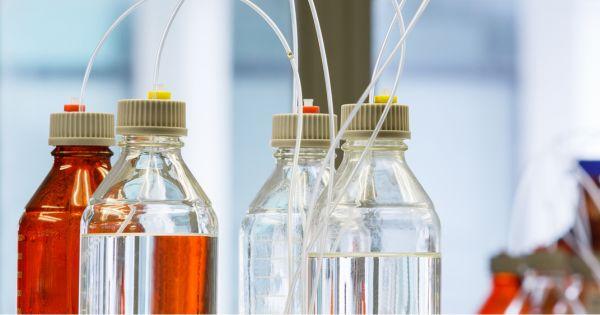
Chemical purity is essential for developing safe medicines and research. Scientists use identification analysis for substances to ensure purity. Discover why HPLC is ideal for chemical purity testing with this comprehensive guide.
Understanding HPLC
High-performance liquid chromatography (HPLC) allows scientists to separate chemicals in a sample. The benefits of HPLC include impurity quantity detection and pharmaceutical formula clarification. It’s also useful for thermal substances that are unpredictable, easily vaporized, or have a high molecular weight. Ultimately, HPLC can calculate a substance in its purest and dosage forms. Scientists usually combine HPLC with other identification and quantification techniques like mass spectrometry. All analyses will ensure the quality of drugs.
Determination of Chemical Purity
HPLC is ideal for chemical purity testing because it confirms a substance has no contaminants. This may prove that chemicals are safe for consumption or that scientists can use them for pharmaceutical development. Impurities can interfere with drugs and may cause a substance to lose potency. In severe situations, impurities can cause side effects in medications. Ideally, scientists want the purest forms of chemicals to gather lab results, perform clinical trials, and produce medicine.
The HPLC Process
The HPLC process separates components in a liquid sample. The sample goes through a mobile phase, stationary phase, and differential migration. In the mobile phase, scientists combine solvent and liquid samples. The sample goes to a separation column and slowly moves through it, which is the stationary phase. The components leave the columns at different times and deliver a voltage response in the chromatogram. The response identifies the sample’s chemical makeup.
Common HPLC Applications
Pharmaceutical companies use HPLC applications to eliminate contaminants in their products. They also test the purity of products to ensure accurate ingredient lists and doses. HPLC is a critical part of the prescription for drug labels and helps consumers take medicine safely.
HPLC is popular for medical diagnoses and research. Doctors can separate and identify chemical compounds in patients. For example, they can identify vitamin deficiencies in the blood. Researchers also use HPLC as biomarkers for diseases. They can identify early signs of medical conditions and intervene with effective treatments.
If you’re a medical researcher, consider outsourcing HPLC to Moravek. We offer HPLC analysis for radiochemical determination and other identity assessments. Get in touch with us today!
